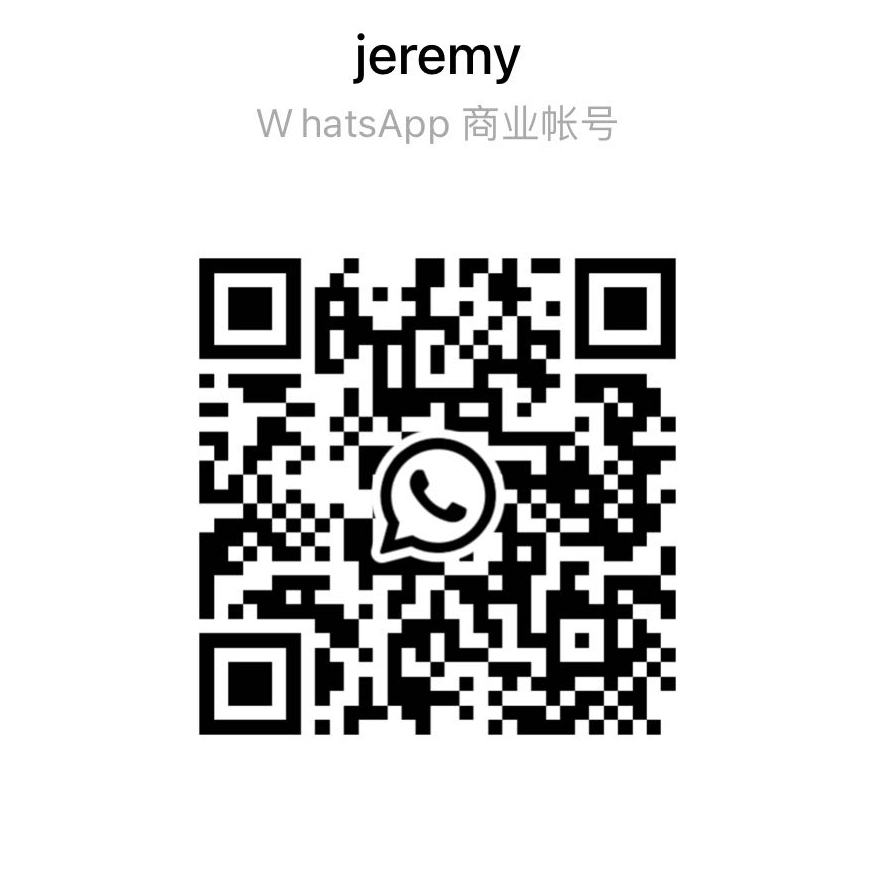Demystifying Virtual Currency Series Connectors: The Backbone of Decentralized Finance
Welcome to our latest blog post, where we’re unraveling the complexities of virtual currency series connectors, the cornerstone of decentralized finance (DeFi) and blockchain ecosystems. If you’ve ever wondered how cryptocurrencies like Bitcoin and Ethereum operate seamlessly across digital networks, you’re about to find out.
Understanding Virtual Currency Series Connectors
Virtual currency series connectors, often simply referred to as blockchain protocols, are the underlying infrastructure that enables the transfer and management of digital assets within decentralized networks. These connectors serve as the framework for recording transactions, establishing consensus, and ensuring the integrity of the distributed ledger technology (DLT) that powers cryptocurrencies.
Key Components of Virtual Currency Series Connectors:
-
Decentralization: At the core of virtual currency series connectors is the concept of decentralization. Unlike traditional financial systems that rely on central authorities like banks or governments, blockchain protocols operate on decentralized networks where transactions are verified and recorded by a distributed network of nodes.
-
Consensus Mechanisms: Virtual currency series connectors employ consensus mechanisms to validate and confirm transactions on the blockchain. These mechanisms, such as Proof of Work (PoW) or Proof of Stake (PoS), ensure agreement among network participants without the need for a central authority.
-
Smart Contracts: Many virtual currency series connectors support smart contract functionality, which enables the execution of self-executing contracts based on predefined conditions. Smart contracts automate processes like asset transfers, token issuance, and decentralized applications (DApps), enhancing efficiency and reducing reliance on intermediaries.
-
Interoperability: In addition to facilitating transactions within their respective networks, virtual currency series connectors enable interoperability between different blockchain platforms. This interoperability allows for cross-chain transactions, asset exchange, and the seamless integration of decentralized applications across diverse ecosystems.
Applications of Virtual Currency Series Connectors:
-
Digital Payments: Virtual currency series connectors serve as the backbone of digital payments, enabling fast, secure, and borderless transactions without intermediaries. Cryptocurrencies like Bitcoin and Ethereum have emerged as viable alternatives to traditional payment methods, offering greater accessibility and lower transaction fees.
-
Decentralized Finance (DeFi): Virtual currency series connectors are driving the evolution of decentralized finance (DeFi), revolutionizing traditional financial services like lending, borrowing, and trading. DeFi platforms leverage blockchain technology to create transparent, permissionless financial protocols that empower users to access financial services without relying on intermediaries.
-
Tokenization: Virtual currency series connectors facilitate the creation and management of digital assets, known as tokens, which represent real-world assets or utilities. Tokenization enables fractional ownership, asset digitization, and the creation of new investment opportunities across various industries, including real estate, art, and gaming.
Looking Ahead: Future Trends in Virtual Currency Series Connectors
As the blockchain ecosystem continues to evolve, virtual currency series connectors are poised to undergo further advancements and innovations. Key trends to watch include:
-
Scalability Solutions: Addressing scalability challenges to accommodate growing transaction volumes and support mass adoption of cryptocurrencies.
-
Privacy Enhancements: Implementing privacy-preserving technologies to enhance confidentiality and anonymity for users engaging in transactions.
-
Cross-Chain Interoperability: Enhancing interoperability between different blockchain networks to facilitate seamless asset transfer and interoperability.
In conclusion, virtual currency series connectors are the backbone of the decentralized economy, powering a new era of digital innovation and financial inclusion. Whether you’re an investor, developer, or simply curious about the future of finance, understanding the role of these connectors is essential for navigating the evolving landscape of blockchain technology.
We hope this deep dive into virtual currency series connectors has provided valuable insights into their importance and functionality. Stay tuned for more updates and insights on blockchain technology and decentralized finance on our blog!
Have questions or insights to share about virtual currency series connectors? Feel free to join the conversation in the comments below!





